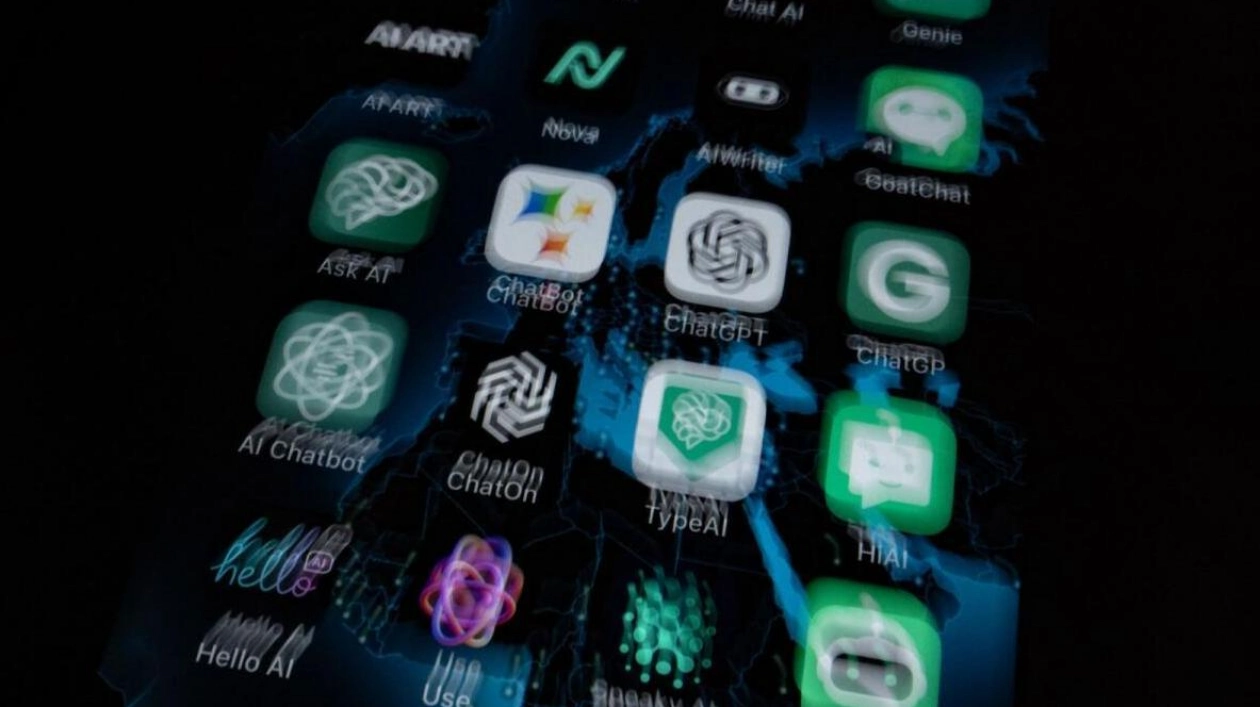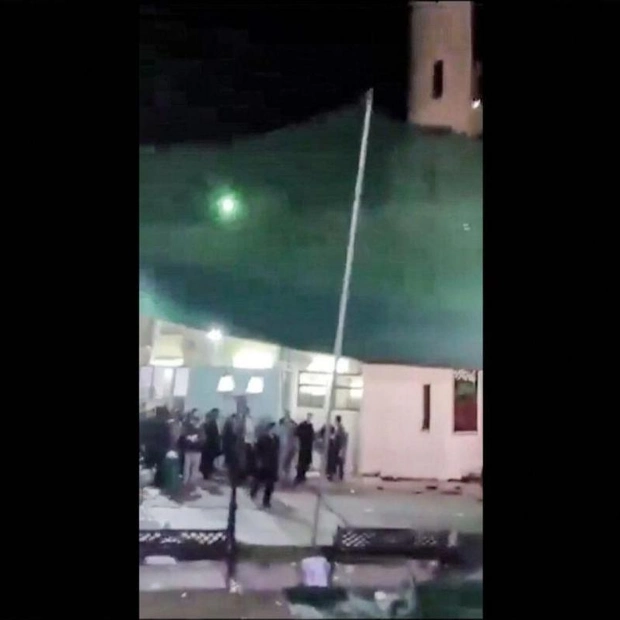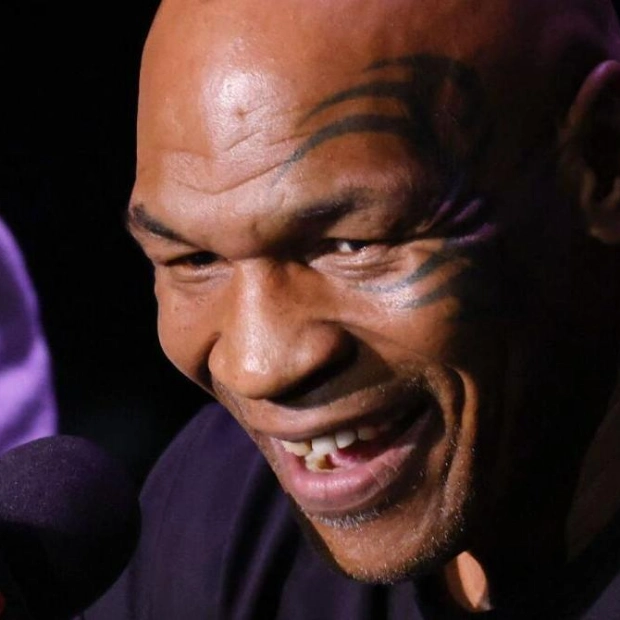The UK general election is under intense scrutiny following dire warnings about the rapid progress in cyber-tech, especially AI, and escalating tensions among major powers, which jeopardize the integrity of the pivotal 2024 elections. Agnes Callamard, the head of Amnesty International, cautioned in April that these unregulated technological leaps 'pose a massive threat to everyone, capable of being exploited to discriminate, mislead, and sow discord.' Bruce Snell, a cybersecurity strategist at US firm Qwiet AI, which leverages AI to thwart cyber-attacks, described the UK's July 4 election as a 'test case' for electoral security, occurring four months ahead of the US vote. Despite AI's prominence in the news, conventional cyber-attacks continue to pose significant risks, according to Ram Elboim, the head of cybersecurity firm Sygnia and a former senior member of Israel's 8200 cyber and intelligence unit. State actors are anticipated to be the primary threat, with the UK already alerting about potential interference from China and Russia. Elboim explained that these threats could involve promoting certain candidates or agendas and creating internal instability or chaos to influence public sentiment. The UK's electoral process is less susceptible to infrastructure attacks due to the short lead time between announcing and holding elections, and because voting is not automated. However, institutions remain vulnerable to hacking, with the UK accusing China of attacking the Electoral Commission. Elboim noted that disrupting a party's systems or a third party associated with them could also impact the election. Individuals, especially candidates, are at high risk of being targeted, with any compromising information potentially used for blackmail or to sway public opinion. Iain Duncan Smith, a former Conservative party leader and critic of Beijing, has alleged that Chinese state actors impersonated him online to send fake emails to global politicians. Bruce Snell emphasized the growing concern over 'deepfakes' and the potential for AI to generate and disseminate misinformation, calling the UK a 'test ground' for the 2024 elections. He pointed out the misuse of voice-cloning software from short audio samples and the case of Wes Streeting, Labour's health spokesman, who was victimized by deepfake audio. Snell also discussed the evolution of AI-generated 'bots' on social media, which are now harder to detect due to their sophisticated communication styles. Although there are tools to detect AI-generated media, their limited use hampers their effectiveness in combating misinformation. Snell urged the AI industry and social media platforms to take action against misinformation, as the current legal framework lacks the understanding to address these emerging challenges.

Text: Lara Palmer
16.06.2024
As AI and Cyber Threats Escalate, the UK's July Election Sets Precedent for Global Security Measures





